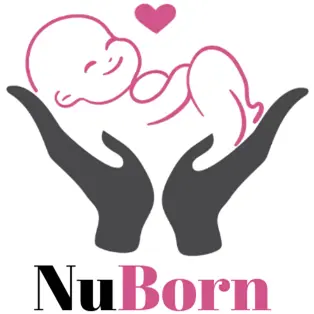When a baby is born, it marks the beginning of a remarkable journey filled with growth, development, and learning. Here are some key aspects of a newborn’s life:
- Physical Development: Newborns are tiny and fragile, with their bodies rapidly adjusting to life outside the womb. They go through significant physical changes in the first few weeks and months, such as gaining weight, developing muscle strength, and improving coordination.
- Feeding and Sleeping: Newborns have small stomachs and need to feed frequently, usually every 2-3 hours. Sleep patterns are also irregular, with newborns sleeping for short periods throughout the day and night.
- Cognitive Development: While newborns may seem limited in their abilities, they are constantly taking in information from their surroundings. They start to recognize voices and faces, and their senses of sight, hearing, and touch begin to develop.
- Emotional Development: Newborns form bonds with their caregivers through interactions like cuddling, feeding, and soothing. They may communicate their needs through crying, and caregivers learn to interpret these cues over time.
- Health and Care: Newborns require regular check-ups with healthcare providers to monitor their growth and development. They also need to be kept clean, warm, and well-fed to ensure their well-being.
- Parenting and Support: Adjusting to life with a newborn can be challenging for parents, but support from family, friends, and healthcare professionals can make a significant difference. Learning about newborn care, seeking help when needed, and bonding with the baby are important aspects of parenting a newborn.
Remember, every baby is unique and will develop at their own pace. Providing a loving and nurturing environment, along with proper care and attention, is essential for supporting a newborn’s growth and well-being.

